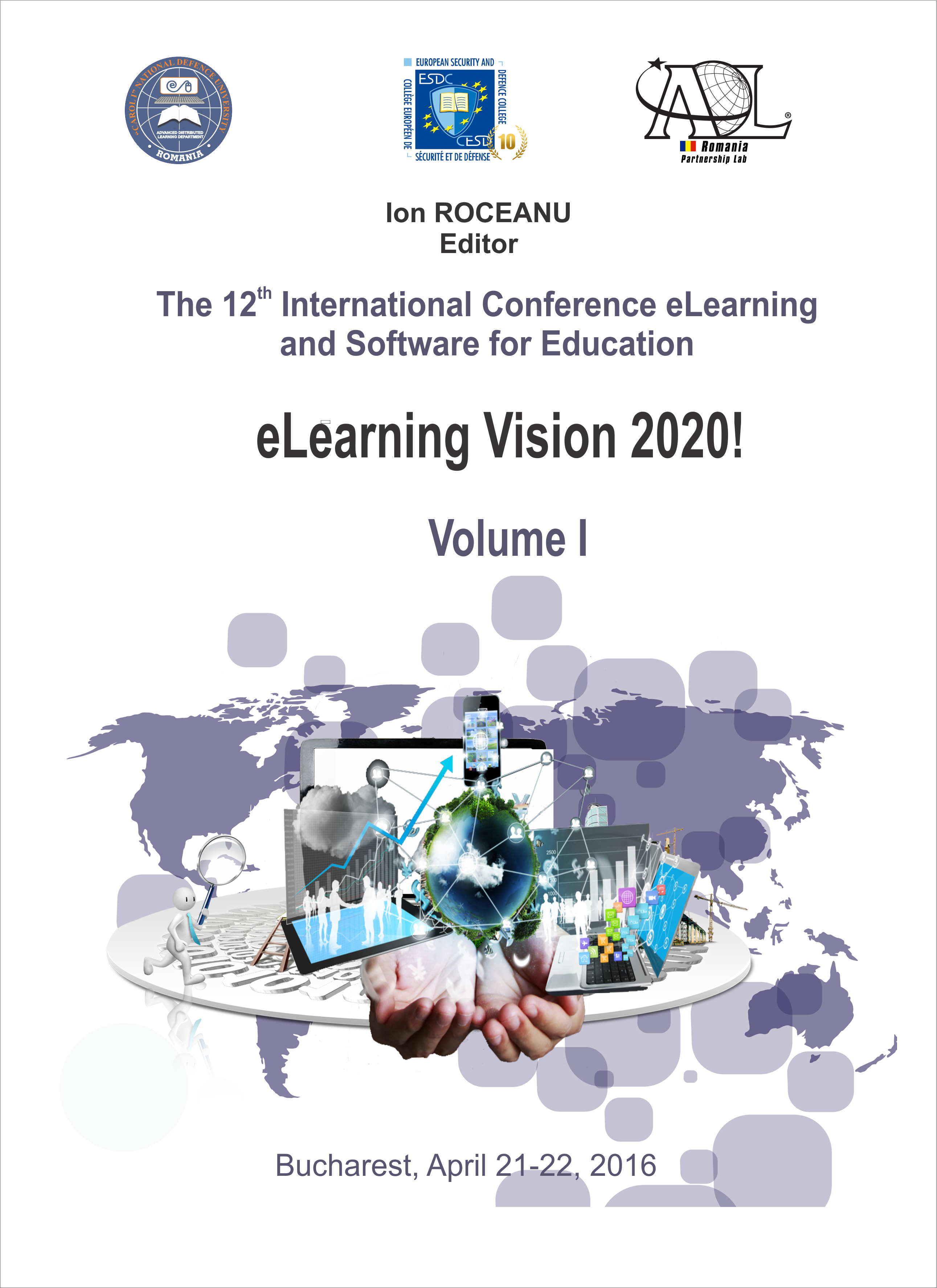APPROACHING ASSESSMENT IN EDUCATIONAL GAMES
APPROACHING ASSESSMENT IN EDUCATIONAL GAMES
Author(s): Antoniu Stefan, Ioana Andreea Stănescu, Jannicke Baalsrud Hauge, Sylvester ArnabSubject(s): Education, Educational Psychology, Sociology of Education
Published by: Carol I National Defence University Publishing House
Keywords: learning taxonomy; learning objective; LMS;
Summary/Abstract: The use of games in education necessitates investigations on how to successfully transpose learning objectives and evaluation metrics into game settings, how to effectively assess player performance in the game, and also on how to overcome technical issues associated with the integration of Digital Educational Games (DEG) and Learning Management Systems (LMS). According to Bloom’s taxonomy, revised by Anderson in 2001, which is used to develop learning objectives, there are six categories in the cognitive process dimension that should be considered: remember, understand, apply, analyse, evaluate and create. Marzano and Kendall have proposed a new taxonomy (Fig. 1) that integrates three domains of knowledge - information, mental procedures, and psychomotor procedures - and six level of processing: retrieval, comprehension, analysis, knowledge utilization, metacognitive system, self-system. To construct DEGs that assess player’s performance in connection with these categories constitute a challenge. Digital games are in essence complex artefacts, whose design and development require extensive efforts both from pedagogical and technical points of view.
Journal: Conference proceedings of »eLearning and Software for Education« (eLSE)
- Issue Year: 12/2016
- Issue No: 01
- Page Range: 485-491
- Page Count: 7
- Language: English

